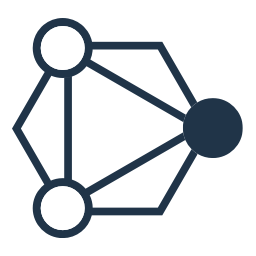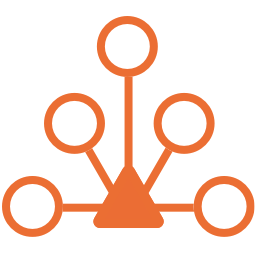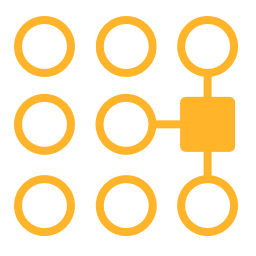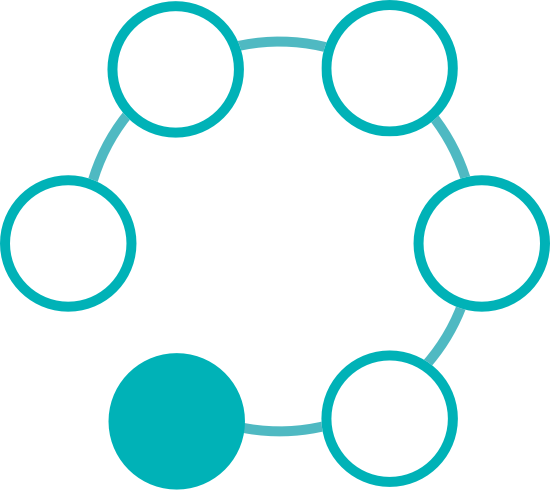
Multidisciplinary Analysis
New ways of thinking about tools and teams to use shared data to gain insights and inform decision-making.

Rapid advances in computing technology
Analytics and computing have matured quickly, making techniques like handling missing data and Artificial Intelligence, specifically Machine Learning, more accessible and possible to run in reasonable amounts of time. These changes enable data scientists to glean increasingly sophisticated insights from large data sets. As data sharing increasingly becomes the norm, these analytical tools are also now being shared widely, increasing the likelihood that global decisions will be informed by breakthrough insights.

Team Science
However, this technical revolution is not sufficient for making good decisions to improve lives. The knowledge the field seeks requires a multidisciplinary approach that brings together data analyst capabilities, deeply contextualized understanding of the communities in which any given condition may occur (and any given interventions may be tried), engineering skill to optimize computational resources, and a range of domain expertise including biomedical and social sciences. All these collaborators must have an easy way to work together so that their strengths complement each other, they can identify where expertise gaps remain, and they can discover important insights from pooled resources and data that are applicable to target populations.
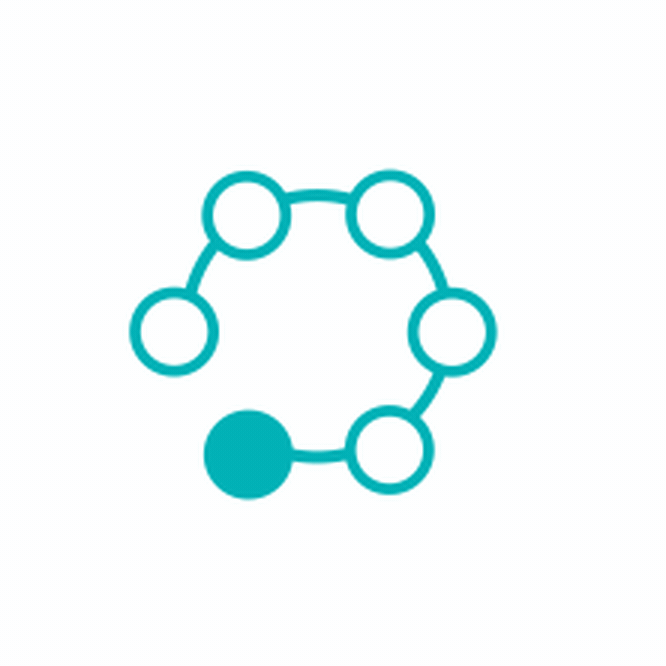
Ki's open toolbox
Over several years, Ki has shared a number of analytical tools that have proven useful to our internal analyses. We now are beginning to share learning sessions conducted by some of our Ki technical experts. Each researcher or research organization will have its own unique needs, but we share our methodologies and tools because they may be useful for sparking ideas about ways to extract information from data to close knowledge gaps—and for anyone wishing to invent their own “team science” to improve decision-making.
